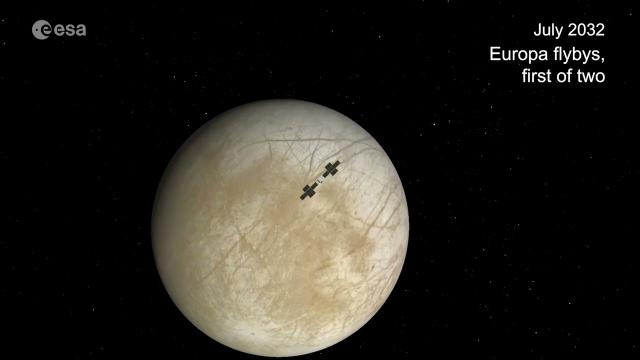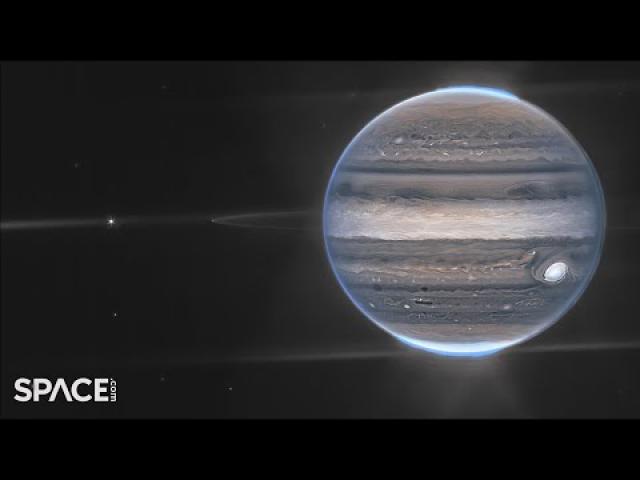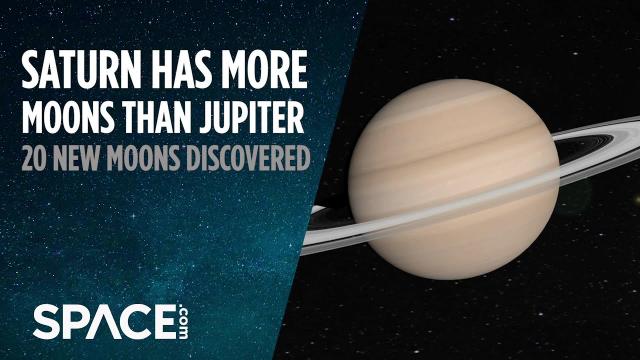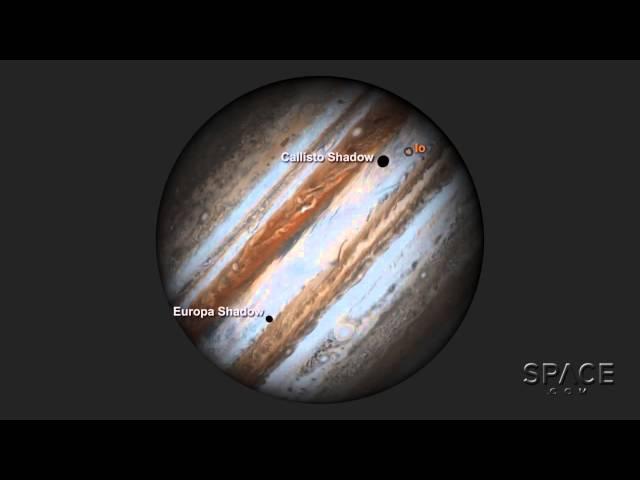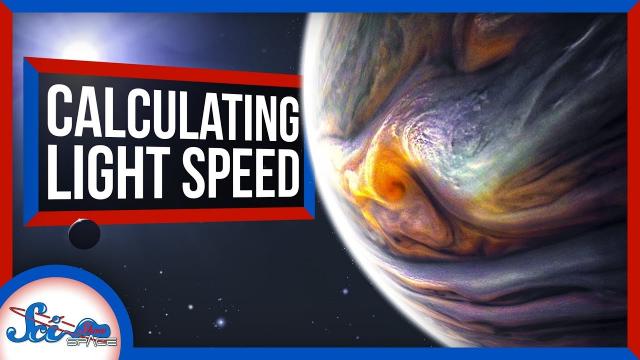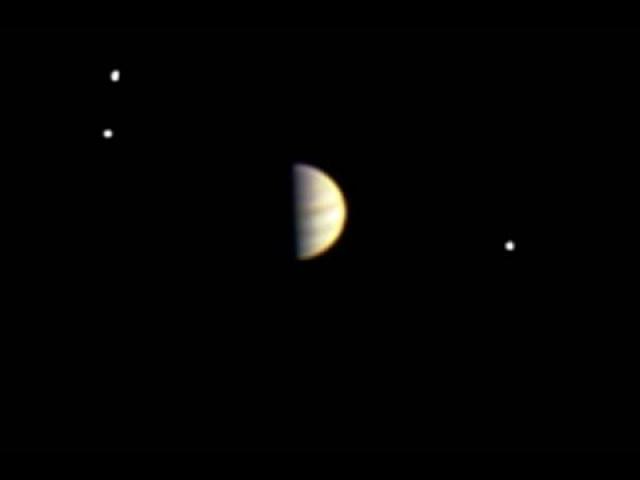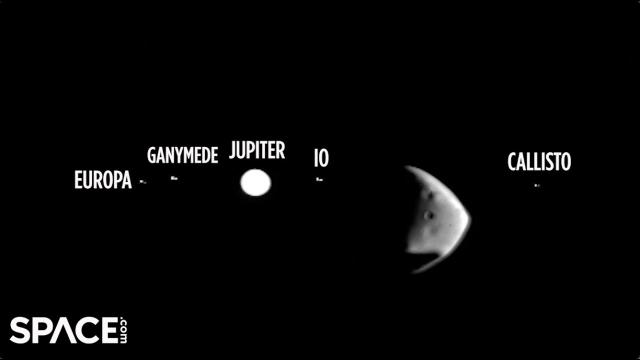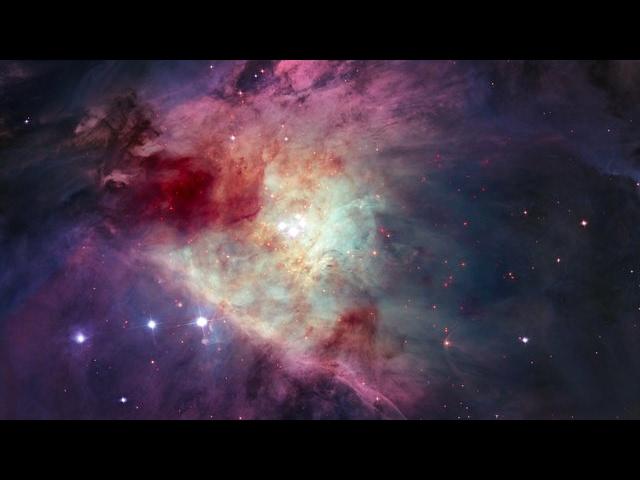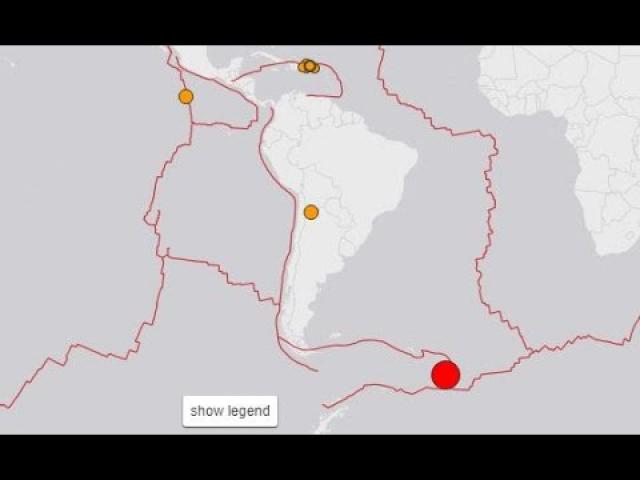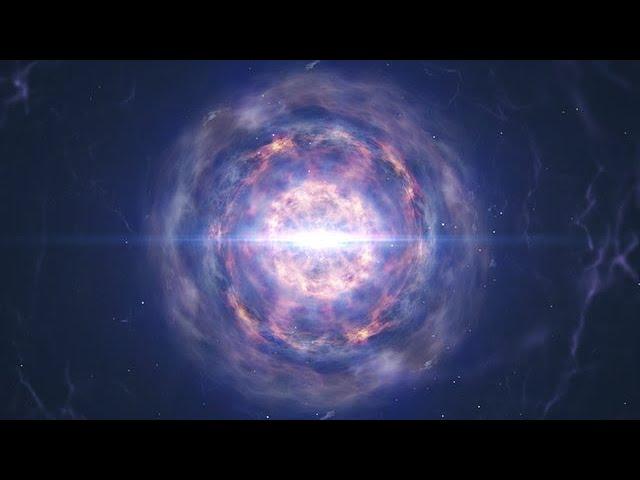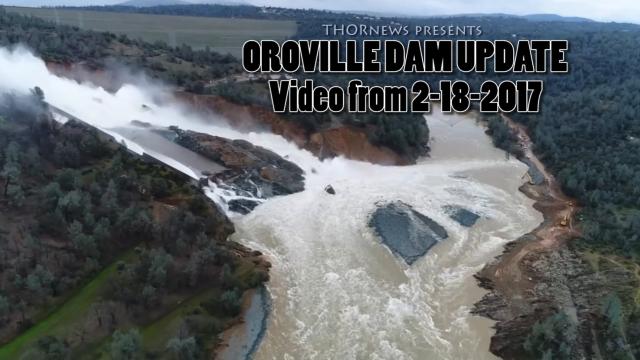Jupiter's Moons May Keep Each Other Warm
Description
This episode is sponsored by Awesome Socks Club, a sock subscription for charity. Go to http://awesomesocks.club to sign up between now and December 11th to get a new pair of fun socks each month in 2021. 100% of after-tax profit will go to decrease maternal and child mortality in Sierra Leone, which is one of the most dangerous places to be pregnant in the world.
As small as Jupiter's moons are in comparison to the giant planet, they may actually have an important role to play in keeping each other warm, heating the moons enough to have liquid oceans!
Hosted by: Reid Reimers
SciShow has a spinoff podcast! It's called SciShow Tangents. Check it out at http://www.scishowtangents.org
----------
Support SciShow by becoming a patron on Patreon: https://www.patreon.com/scishow
----------
Huge thanks go to the following Patreon supporters for helping us keep SciShow free for everyone forever:
Jb Taishoff, Bd_Tmprd, Harrison Mills, Jeffrey Mckishen, James Knight, Christoph Schwanke, Jacob, Matt Curls, Sam Buck, Christopher R Boucher, Eric Jensen, Lehel Kovacs, Adam Brainard, Greg, Ash, Sam Lutfi, Piya Shedden, KatieMarie Magnone, Scott Satovsky Jr, Charles Southerland, charles george, Alex Hackman, Chris Peters, Kevin Bealer
----------
Like SciShow? Want to help support us, and also get things to put on your walls, cover your torso and hold your liquids? Check out our awesome products over at DFTBA Records: http://dftba.com/scishow
----------
Looking for SciShow elsewhere on the internet?
Facebook: http://www.facebook.com/scishow
Twitter: http://www.twitter.com/scishow
Tumblr: http://scishow.tumblr.com
Instagram: http://instagram.com/thescishow
----------
Sources:
Interview with Hamish Hay, planetary scientist at NASA’s Jet Propulsion Laboratory
https://eos.org/features/does-io-have-a-magma-ocean
https://agupubs.onlinelibrary.wiley.com/doi/abs/10.1029/2020GL088317
https://europa.nasa.gov/europa/ocean/
https://www.nature.com/news/2001/010726/full/news010726-12.html
https://www.nasa.gov/press/2015/march/nasa-s-hubble-observations-suggest-underground-ocean-on-jupiters-largest-moon
https://oceanservice.noaa.gov/education/tutorial_tides/tides02_cause.html
https://rwu.pressbooks.pub/webboceanography/chapter/10-1-wave-basics/
Images:
https://solarsystem.nasa.gov/moons/jupiter-moons/in-depth/
https://photojournal.jpl.nasa.gov/catalog/PIA00600
https://svs.gsfc.nasa.gov/2946
https://svs.gsfc.nasa.gov/12570
https://www.nasa.gov/topics/solarsystem/features/pia10149.html
https://vimeo.com/205561528
https://svs.gsfc.nasa.gov/30706
https://svs.gsfc.nasa.gov/11173
https://commons.wikimedia.org/wiki/File:Galilean_moon_Laplace_resonance_animation_2.gif
https://solarsystem.nasa.gov/resources/2475/moons-active-worlds/?category=moons/jupiter-moons_io
https://commons.wikimedia.org
/wiki/File:Jupiter_and_the_four_Galilean_moons_(artistic).jpg

